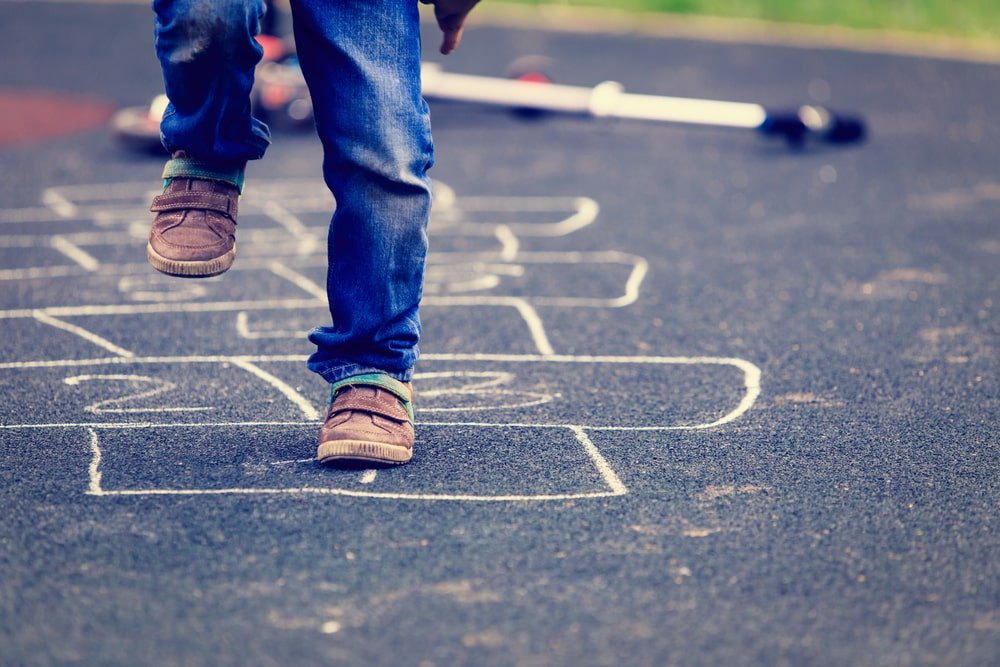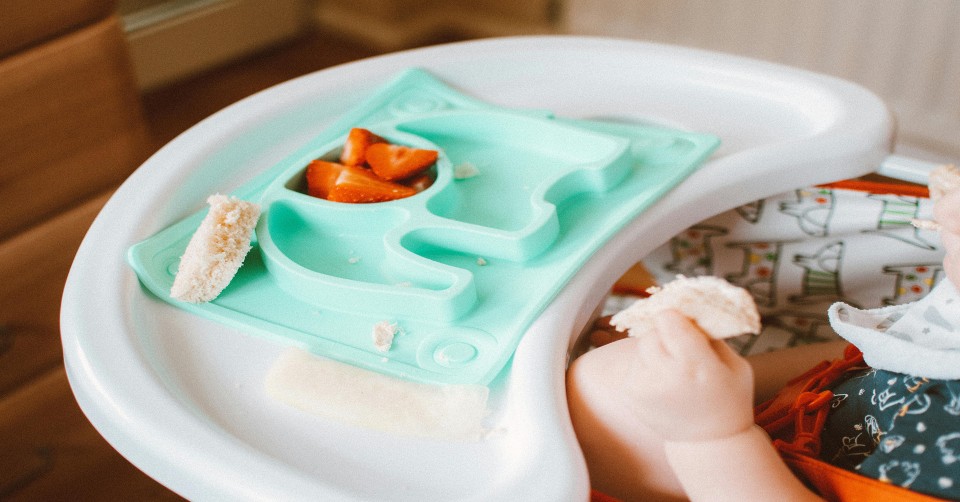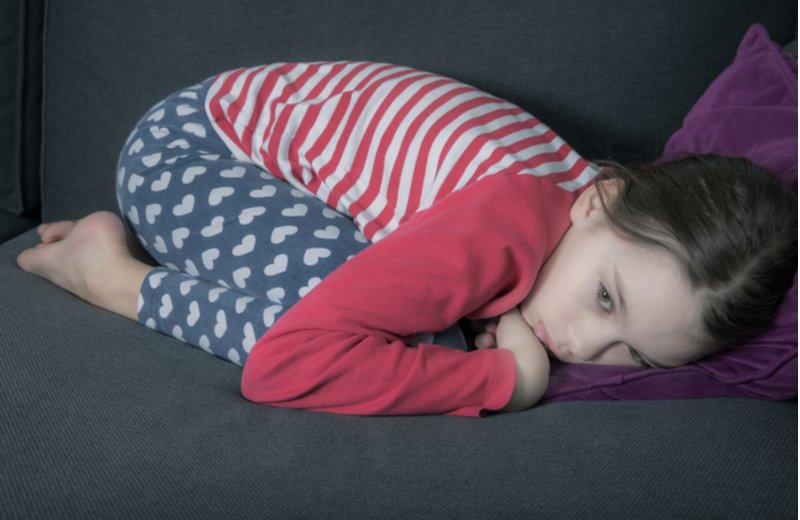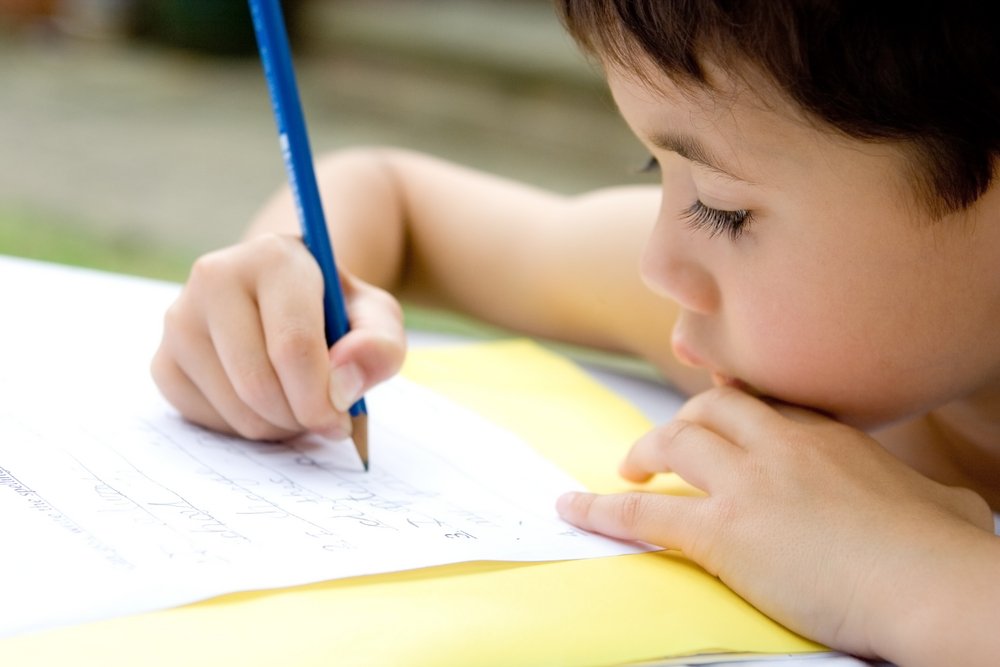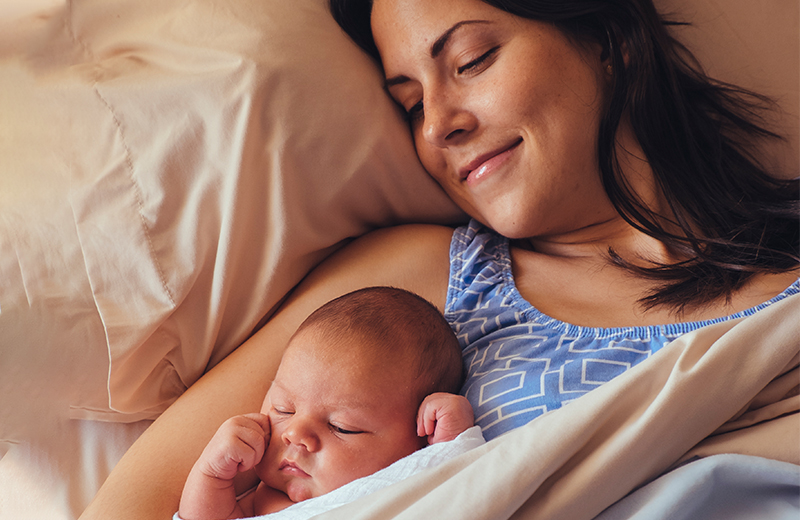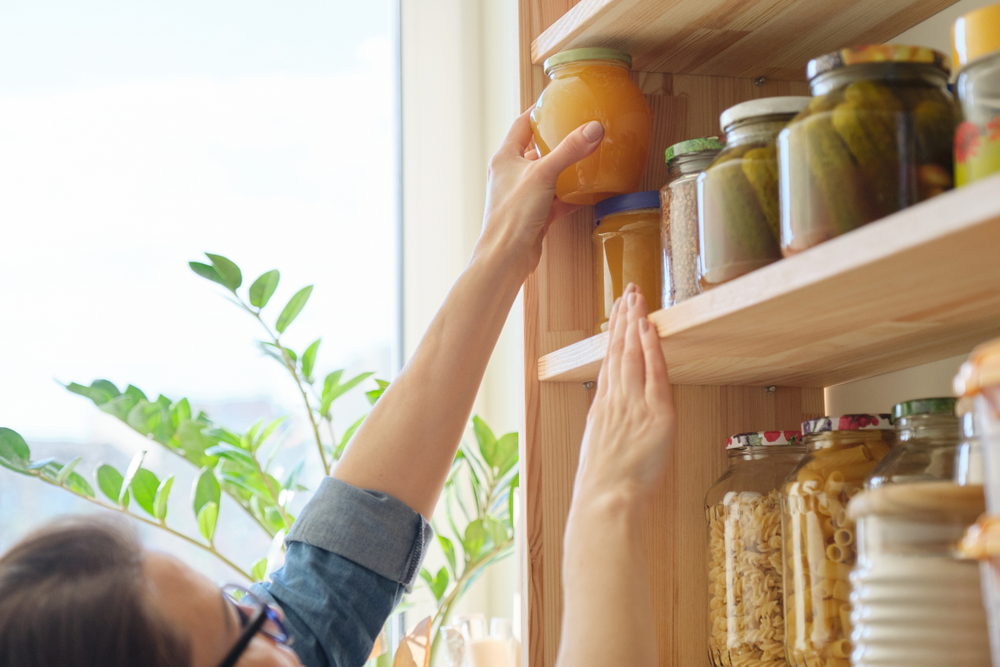Women’s Health
How do you know you have postpartum depression?
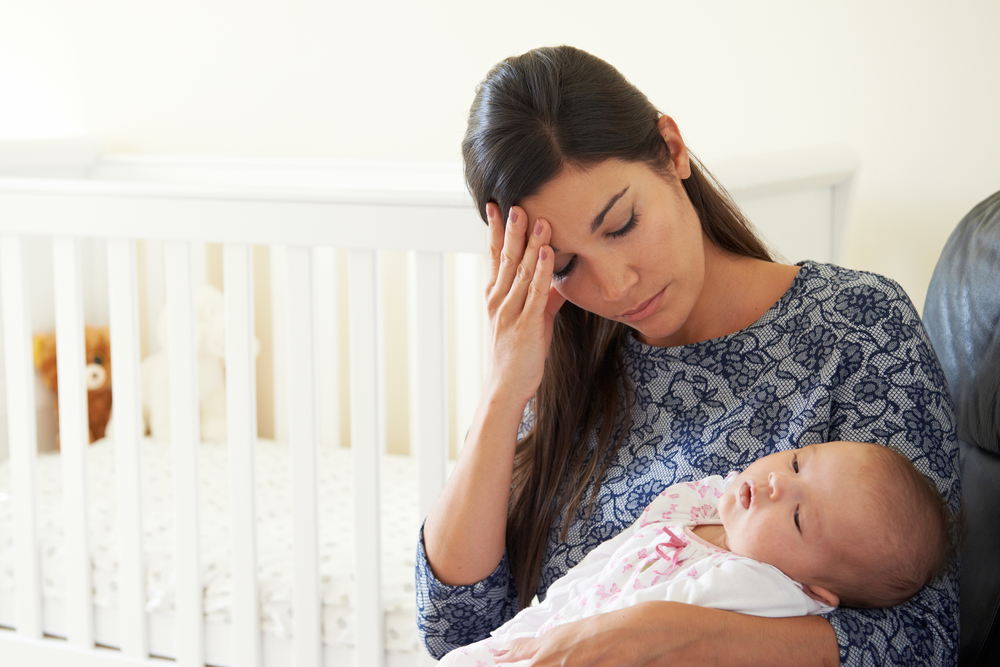
"Dr. Linda, I should feel joy now that I'm a mom, but I feel completely overwhelmed, I have no energy ... I cry all the time. I just don't think I can do this."
I highly recommend you see your obstetrician as soon as possible. It sounds like you may have postpartum depression which affects up to 15% of moms after delivery. Postpartum depression (PPD) is a serious disorder that not only affects you, it also affects your baby and your relationship with your partner. The sooner you get treatment, the better the outcome will be for you, your baby and your partner.
What Are the Symptoms of Postpartum Depression?
Knowing the symptoms of PPD will help you or your partner recognize it more easily so you can get the support you need.
You should be checked for PPD if you have more than three of the following symptoms every day or nearly every day for 2 weeks:
- You feel sad and hopeless.
- The joy is gone: You don’t enjoy the things you used to enjoy. In fact, you really don’t enjoy much of anything.
- You’re losing quite a bit of weight (5% or more of your weight) but you’re not on a diet.
- You can’t sleep, or you sleep a lot.
- You’re irritable.
- You just want to lie around.
- You’re tired or have no energy.
- You feel worthless or guilty.
- You can’t seem to focus or concentrate on anything.
- You think about dying, a lot (thinking about dying at all is a red flag - get help).
- You’re very worried about your baby and call or visit the Pediatrician frequently, and they can't find anything wrong with your baby.
- You’re not interested in your baby.
- You’re just too tired and overwhelmed to function.
- You feel your baby is very difficult and you feel unable to cope.
- You’re not taking care of yourself:
- You’re not keeping up with personal hygiene.
- You’re not keeping your postnatal visit appointments.
- You feel like a failure, that you are "a terrible mother," and that you are not capable of taking care of your baby.
- These symptoms don’t get better even after you get a break.
- You feel that your partner doesn’t understand you, or, even worse, doesn’t care about you. It’s true that many people - including husbands and partners – don’t understand postpartum depression, but it’s usually not true that they don't care, this feeling may simply one more symptom of PPD.
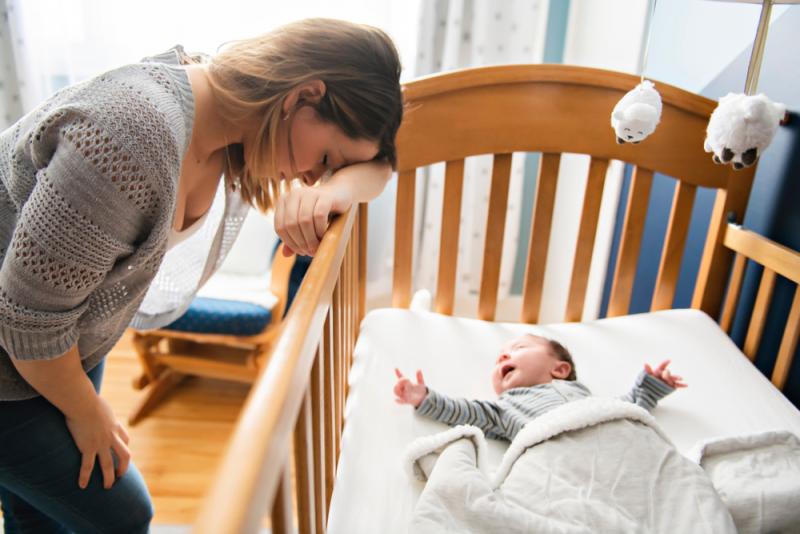
Who is at risk of developing Postpartum Depression (PPD)?
Knowing whether you are at risk for PPD will help you or your loved ones pick up on the symptoms of PPD sooner.
The following are risk factors for developing PPD:
- Young age (less than 25 years old).
- Single moms.
- History of abuse of any kind: physical, emotional or mental.
- Moms who are in physically or emotionally abusive relationships.
- Women who tend to worry a lot or who have anxiety.
- Moms with a family history of PPD or any psychiatric illness.
- Moms who didn’t want to get pregnant in the first place.
- Moms with a history of PMS.
- Moms with health challenges such as diabetes, high blood pressure, obesity when they got pregnant or who developed these issues during pregnancy.
- Moms who had problems sleeping during pregnancy.
- Moms who deliver in the winter.
- Moms who had breastfeeding challenges and had to quit early.
- Moms with babies with challenging behaviors like poor sleep, colic, or excessive crying for any reason.
Most moms with PPD know that something isn’t right: They feel tired, overwhelmed and sad but they often don't realize they have a real medical problem. They feel guilty and ashamed they don’t feel the overwhelming love for their babies they see in all the television commercials or hear about from other moms, so they don’t ask for help. Some moms with PPD may feel they’re not important enough to receive help or that it would be selfish for them to ask for help.
Postpartum depression doesn't only affect you; it affects your baby and your relationship with your partner. There is no need to suffer. Getting treatment will protect your baby from the potentially negative effects of postpartum depression, will help you feel better and will keep your relationship with your partner healthy and vibrant.
If you or your partner suspect you may have postpartum depression please talk to your doctor, you need to get help as soon as possible.
Treatment of Postpartum Depression
Postpartum depression should be treated in a holistic manner because it affects so many aspects of your life and of your family’s life.
Medications, psychotherapy (talk therapy), or a combination of the two, are the most common ways to treat postpartum depression.
In the next two blogs we’ll talk about other, holistic ways to manage PPD.



